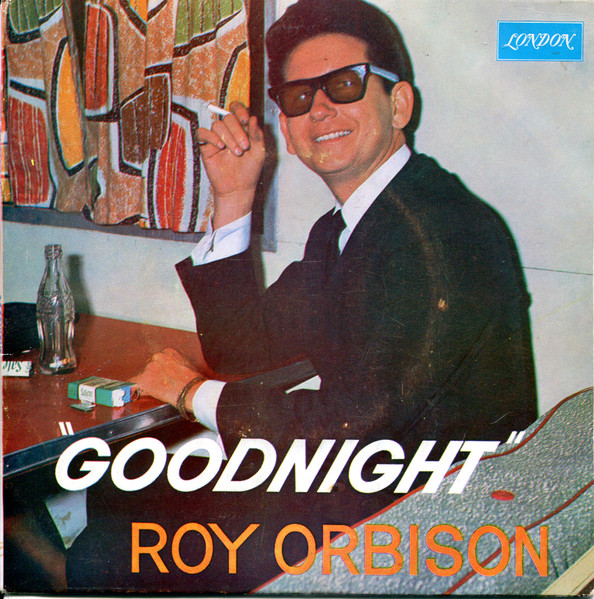
About the Song
Goodnight by Roy Orbison: A Lullaby for the Ages
In the realm of popular music, few artists have managed to capture the essence of heartbreak and longing with the raw intensity and emotional depth of Roy Orbison. His soaring vocals, dramatic arrangements, and poignant lyrics have cemented his legacy as one of the most iconic figures in rock and roll history. Among his many enduring masterpieces, “Goodnight” stands as a testament to his unparalleled ability to craft songs that resonate deeply with listeners across generations.
Released in 1965, “Goodnight” marked a turning point in Orbison’s career, propelling him from cult stardom to mainstream recognition. The song’s success can be attributed to its masterful blend of musical elements, each contributing to the creation of an atmosphere of profound emotional vulnerability.
Orbison’s voice takes center stage, soaring effortlessly through the octaves with a heart-wrenching intensity that mirrors the protagonist’s emotional turmoil. His signature dramatic vibrato adds a layer of heightened passion, conveying the depths of despair and longing that grip the singer’s soul.
The song’s lyrics, penned by Orbison and his collaborator Bill Dees, paint a vivid portrait of a love lost, leaving behind a void that can never be filled. The protagonist bids farewell to their beloved, their words laced with regret and the lingering hope for reconciliation. The repeated refrain of “goodnight” serves as a poignant echo of the finality of the separation, each utterance punctuated by a pause that amplifies the emotional weight.
The arrangement of “Goodnight” perfectly complements the song’s melancholic mood. Opening with a gentle piano melody, the instrumentation gradually builds, adding layers of strings, horns, and percussion that mirror the rising intensity of Orbison’s vocals. The overall effect is one of sweeping grandeur, yet tempered by an undercurrent of vulnerability that underscores the song’s emotional depth.
“Goodnight” has become an enduring classic, covered by countless artists across genres and generations. Its enduring popularity is a testament to its ability to transcend cultural and temporal boundaries, speaking to the universal human experiences of love, loss, and longing. Orbison’s masterful performance and the song’s poignant lyrics have ensured its place among the most cherished ballads in popular music history, a lullaby for the ages that continues to soothe and resonate with listeners worldwide.